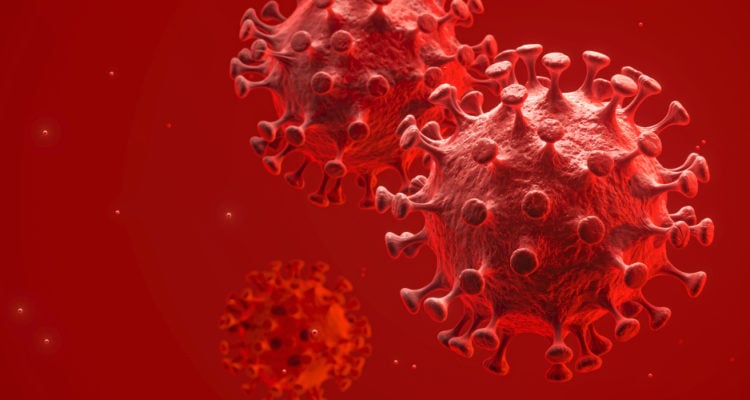Research shows the new mutation of the coronavirus is more stubborn and dangerous, and appears to be resistant to antibodies from the original virus.
By Paul Shindman, World Israel News
There is growing concern in Israel and the world that the South African mutation of the coronavirus could get past the immune systems even of people with coronavirus antibodies, meaning even people who are vaccinated or have recovered from Covid-19 may be at risk of reinfection, Walla! News reported Thursday.
While the risk of reinfection to Covid-19 is not fully understood, it’s accepted that people who’ve developed antibodies generally have immunity. However, that might not be the case with the South African mutation, which scientists surmise has developed specific mutations that affect its spike proteins, which enable it to dodge antibodies.
The spike protein is what the vaccines focus on, and they are also what enable the virus to enter human cells. The most powerful antibodies scientists have identified from recovered corona patients also work by targeting the spike protein. They have been developed in plasmas given to patients to help in recovery.
The National Institute for Communicable Diseases (NICD) in South Africa collected blood plasma of 44 people who recovered from Covid-19. When that plasma was used to treat people suffering from the new mutation, just under half of them did not respond to treatment with the plasma.
“The blood samples from half the people we tested showed that all neutralizing activity was lost. This suggests that they may no longer be protected from reinfection,” the NICD said on their website. “In the other half, the levels of antibodies were reduced and so the risk of reinfection is not known.”
Israel’s national coronavirus task force is waiting for definitive answers if the Pfizer vaccine in Israel is effective against the South African mutation.
“We do not have an answer yet but we are expecting an answer very soon,” task force member Professor Salim Abdul Karim said in a statement. “We want to see actual data, but it is not yet available.”
Other international experts chimed in with their concerns, saying the NICD report appeared to be credible.
“It is a very thorough study that examines the impact of specific mutations in the spike gene of 501Y.V2 and how these affect the binding of neutralizing antibodies,” said Professor Lawrence Young, a virologist and professor of molecular oncology at the Warwick School of Medicine. The South African variant is designated 501Y.V2.
“Similarities between the mutations in 501Y.V2 spike and the variant recently found in Brazil suggest that this Brazilian variant will also exhibit significant levels of neutralization resistance,” Young said.
“This study suggests that previously infected individuals may be susceptible to reinfection with virus variants – something which has already been reported in two cases in Brazil. It also has important implications for the effectiveness of current SARS-CoV-2 vaccines which are all based on the original spike gene,” Young added.
The NICD warned that the implications are that nobody can let their guard down, even those who have recovered from the coronavirus.
“It is therefore important that people who have previously had Covid-19 continue to adhere to public health measures,” the NICD said. “Protecting ourselves through masks, regular washing or sanitizing of hands, cleaning of surfaces, and social distancing remain the best defense against all SARS-CoV-2 viruses, including the new lineage.”




